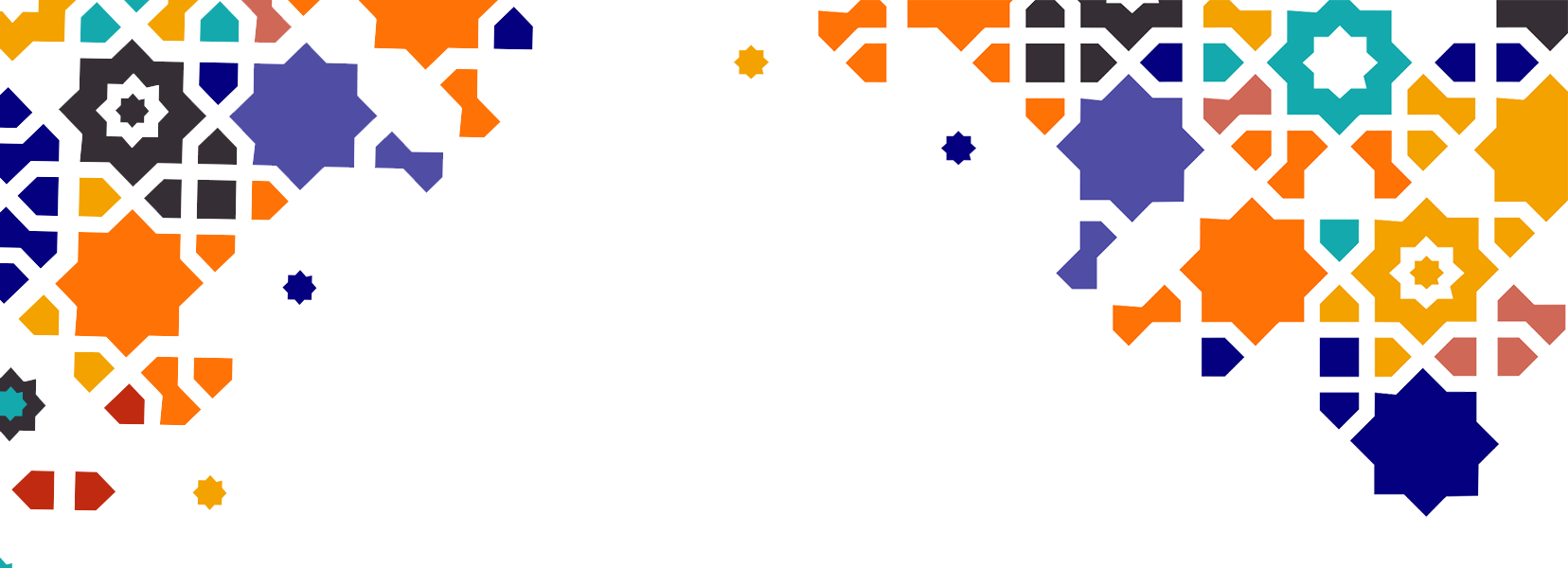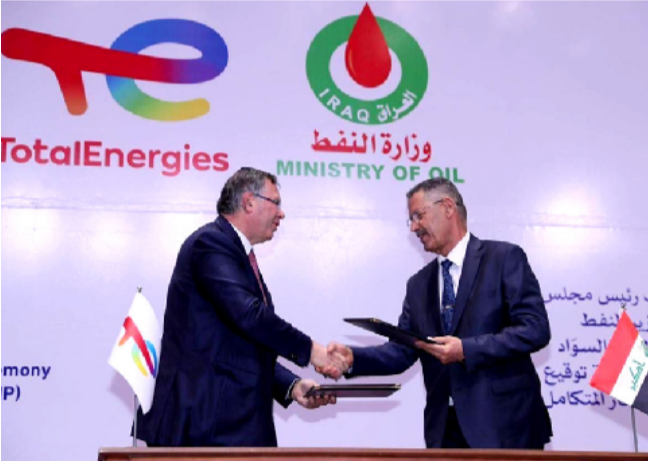
TotalEnergies, Alstom, Orange : The French Giants Investing in the Middle East of Tomorrow

However, from the 1970s onwards, it was no longer just diplomats shaping these exchanges— businesses took over. The rise of international trade strengthened economic ties between Paris and capitals such as Beirut, Damascus, Tel Aviv, and Tehran. The French automotive industry was a major beneficiary: in 1965, it exported €1.14 billion worth of vehicles to the region, where nearly a third of all cars on the road were Peugeots. Today, these economic ties are being redefined around new industries. By the end of 2023, the food, chemical, and pharmaceutical sectors recorded record growth, summing €2.5 billion in trade—more than double the volume seen during the post-war economic boom. In The Spirit of the Laws, Montesquieu praised the “pacifying virtues” of commerce, a notion that resonates strongly in 2025, as major French players in telecommunications, infrastructure, and energy make significant investments in the region. Among them, three companies stand out for their strategic presence in the region:
#1 - Orange and Eutelsat Join Forces to Connect the Middle East and Africa
“If you want to go fast, go alone; if you want to go far, go together.” Orange and Eutelsat have fully embraced this proverb. On March 4, the two French giants announced a strategic partnership spanning Africa and the Middle East to connect the region’s most remote areas with high-speed internet. In practice, Orange will rely on Eutelsat Connect’s satellite capacity to provide “reliable and secure” connectivity to individuals and businesses while adapting to local market conditions and national regulations.
Deployment will follow a north-south trajectory, starting with Jordan before expanding to Ivory Coast, Senegal, and the Democratic Republic of the Congo. With an international presence spanning 26 countries and 241 million customers in 2022, Orange continues to push ambitious initiatives. The company has already partnered with OpenAI and Meta to integrate African regional languages into open-source AI models. This latest venture underscores the fact that at the crossroads of mobile telecommunications and satellite technology, innovation is thriving.
#2 - Alstom Extends Riyadh’s Transport Network and Accelerates Saudi Arabia’s Railway Transition
Connection—linguistic, digital, and commercial—has become the watchword of the Gulf states’ economic and political transformations. In Saudi Arabia, this connection is now being extended to land transport. With a landmass four times the size of France, the kingdom has long struggled to develop an optimal transportation network. That era is coming to an end. On November 27, 2024, Riyadh inaugurated its first-ever metro line, an ambitious project developed in collaboration with Alstom and the Royal Commission for AlUla. This ultra-modern network spans 176 kilometers and includes six lines, which officially began operations on December 1. Alstom, Europe’s leading manufacturer of multiple-unit trains, supplied rolling stock for four of these lines while also providing an advanced signaling system and energy recovery technology for braking.
In today’s globalized world, where trade liberalization stimulates international commerce, the rail transport sector is emerging as a key financial opportunity. Between 2017 and 2019, the global railway market was valued at over €42 billion. With a compound annual growth rate of 2% (Mordor Intelligence), it is projected to surpass €44 billion by 2027. The Saudi government has identified this sector’s potential and is investing heavily. The rise in global trade and the proliferation of trade agreements are further driving infrastructure expansion. Whereas high costs once hindered railway development, rail transport is now ten times cheaper than road transport and consumes twenty times less fuel. Given these dynamics, investments in infrastructure and technology are expected to accelerate, reinforcing the role of railways in the mobility of the future.
#3 - TotalEnergies : Betting on the Middle East to Reverse Its Trajectory
TotalEnergies SE is one of the world’s leading oil companies, but 2024 has seen a slowdown in its performance. Its revenue fell from €214 million in 2023 to €206 million in 2024, while its debt servicing costs increased, reaching €1 million compared to €921,000 the previous year. Facing these financial headwinds, the French energy giant is reassessing its strategy to regain upward momentum.
In Iraq, the company launched the rapid construction of a gas treatment unit at the Ratawi oil field in the Basra region on January 10. The goal: to curb flaring and reduce pollution. This initiative is part of a $10 billion investment, originally not intended for Iraq. However, under pressure from the Iraqi government—keen to demonstrate its commitment to reducing greenhouse gas emissions while securing gas supplies for its power plants—TotalEnergies must demonstrate resilience and ingenuity to align with Baghdad’s political agenda.
Meanwhile, in Oman, TotalEnergies is accelerating its diversification with the launch of Marsa, a liquefied natural gas (LNG) project developed in partnership with investment firm OQ. The goal is to produce LNG using solar energy, specifically for local maritime transport—a first for the region. Against the backdrop of a protracted energy crisis in Europe, TotalEnergies is looking to bolster its green credentials. The company now allocates 3% of its workforce to OneTech, its research and development arm focused on energy transition. Among its flagship initiatives, it plans to cut methane emissions by 80% over the next decade, leveraging drone technology to detect gas leaks worldwide.
Sources :
ABC Bourse : Profil société de TotalEnergies
Statista : Groupe Alstom - Faits et chiffres
Statista : Orange - Faits et chiffres
Statista : TotalEnergies - Faits et chiffres
Crédits image : LCRS Politica - le retour en fanfare de TotalEnergies en Irak

